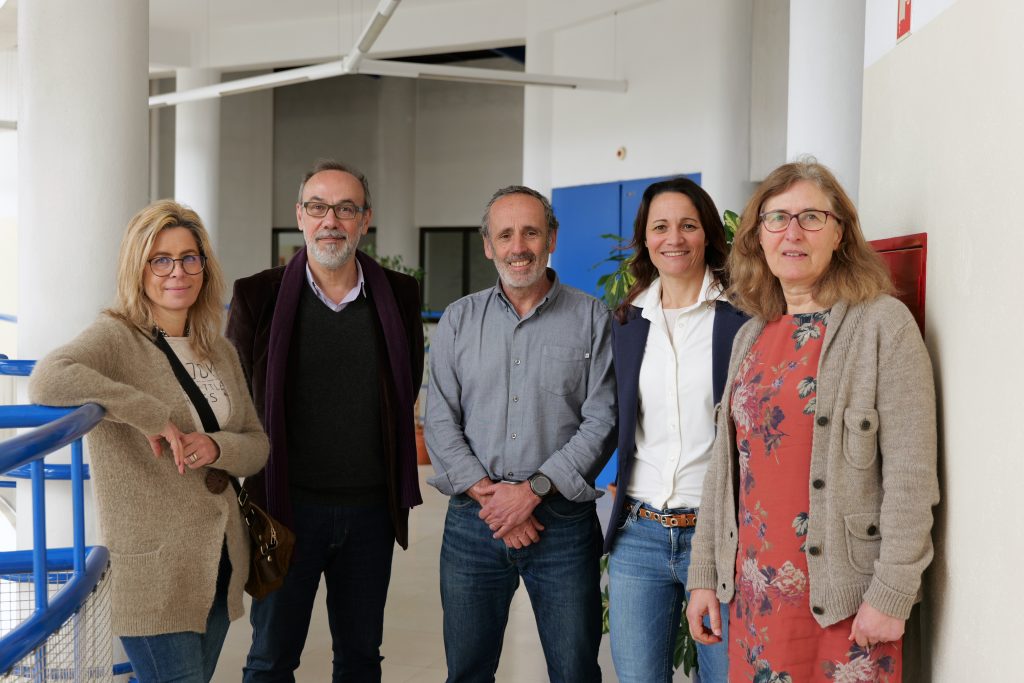
The SMARTER project will study solutions to transform and improve the way cities and regions address the challenges of climate change by exploring the interdependencies between different sectors, spatial scales, and levels of governance. This understanding will enable the development of more effective and adaptable solutions that reconcile environmental sustainability, social inclusion, and economic viability.
The systemic approach will be developed and tested within a network of six European regions and cities, including the Lisbon Metropolitan Area (Portugal), Tampere/Kuopio (Finland), Fryslan (Netherlands), Ostend (Belgium), Gdansk (Poland), and Kalamaki (Greece), where Climate Adaptation Laboratories will be established. These will serve as pilot projects for demonstration and replication, allowing the testing and transfer of solutions tailored to the specific socio-ecological realities and climate challenges of each geographic context.
Among the main expected outcomes are the creation of digital tools to support climate adaptation and decision-making, the development of a portfolio of innovative solutions adapted to the specificities of each territory, and the drafting of strategic roadmaps to integrate climate adaptation into local and regional public policies.
“Working together with the Lisbon Metropolitan Area, which is our partner in Portugal, we have a unique opportunity to engage public and private actors as well as local communities in creating concrete solutions for territories vulnerable to flooding and sea level rise,” highlights Francesca Poggi, researcher at CICS.NOVA, the research center of NOVA FCSH, and the project lead in Portugal.
At the same time, the SMARTER project will also strengthen a key research line on the interconnection between “Climate, Society, and Territory,” while fostering innovation in education at NOVA FCSH, with plans to actively involve students in future activities.
In addition to Francesca Poggi, the multidisciplinary project also includes NOVA FCSH faculty members and CICS.NOVA researchers Iva Pires, João Seixas, Rui Pedro Julião, and Teresa Santos.





